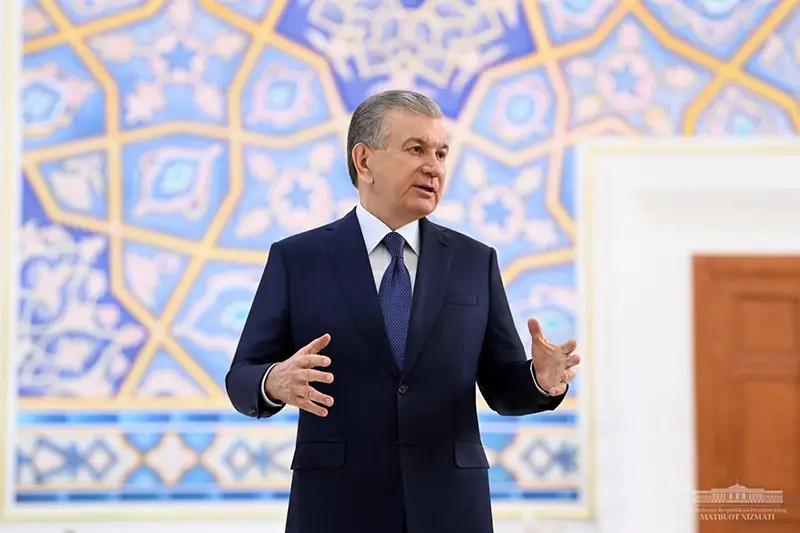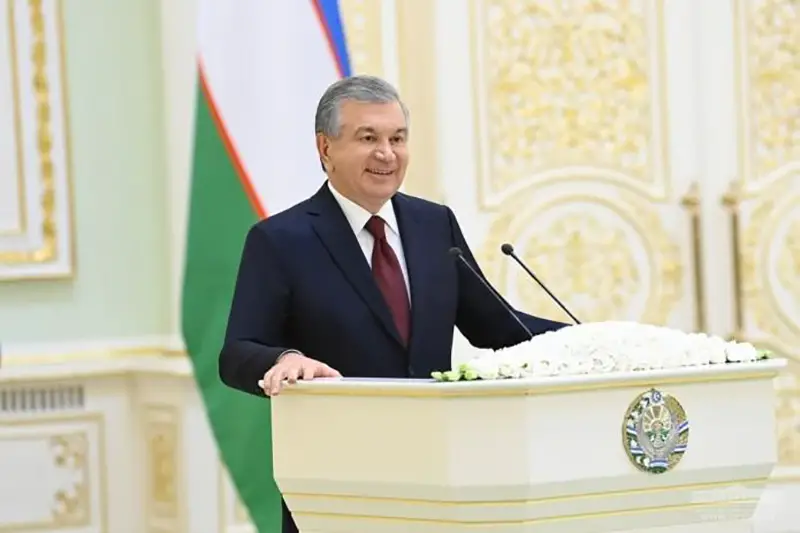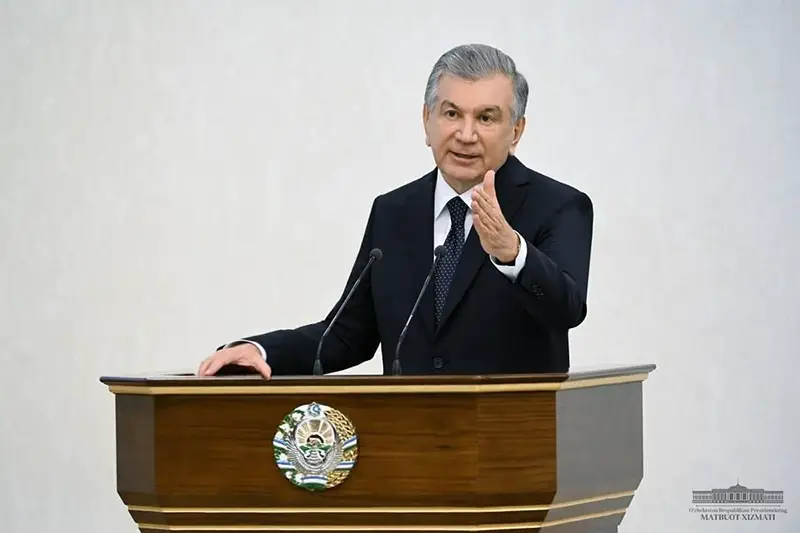Click here to get this post in PDF
Facilitating International Partnerships: Uzbekistan’s Foreign Investment Strategy
Since assuming office in 2016, Shavkat Mirziyoyev has spearheaded Uzbekistan’s economic revitalization. The government swiftly pivoted towards attracting foreign investments by fostering an investor-friendly climate, hosting investment forums, and implementing a comprehensive state asset privatization program. The overarching goal was to stimulate economic growth through increased foreign capital influx.
The recent formation of the Foreign Investors Council by President Shavkat Mirziyoyev exemplifies Uzbekistan’s commitment to nurturing an investor-friendly ecosystem. This council, tasked with enhancing the nation’s investment climate, actively integrates direct feedback from investors to shape future policies.
Mirziyoyev’s call for active involvement of foreign investors in the Council signifies Uzbekistan’s aspiration to establish a collaborative framework where foreign investors actively contribute to shaping the nation’s economic trajectory.
The global business community, particularly those with interests in Central Asia, responded positively to Uzbekistan’s economic reforms. Foreign business leaders commended the liberalization of monetary policies and streamlined visa protocols, recognizing these changes as instrumental in fostering robust collaboration between Uzbekistan and foreign investors, fostering mutually beneficial relationships.
Investments in Uzbekistan’s primary capital have consistently surged, marking a 7.9% increase in the second quarter of 2023, following a 3.1% rise in the preceding quarter, according to data from the State Statistics Committee.
Under Mirziyoyev’s stewardship, Uzbekistan’s ties with the European Union have flourished across diverse sectors, encompassing politics, trade, culture, and humanitarian efforts.
In 2022, the European Bank for Reconstruction and Development (EBRD) allocated nearly $900 million to support 26 diverse projects in Uzbekistan, surpassing its previous investment benchmarks in the country.
The escalation in EBRD’s commitments underscores a strengthening partnership with Uzbekistan and mirrors the nation’s alignment with international development objectives. It also highlights Uzbekistan’s allure for foreign investment, drawing attention through proactive reforms.
Collaborating with leading European entities and financial institutions, joint projects in Uzbekistan exceed €20 billion. President Mirziyoyev envisions these initiatives reshaping the industrial landscape across Eurasia.
European engagement in Uzbekistan’s markets has significantly expanded following Mirziyoyev’s leadership. Entities like the European Investment Bank (EIB), Volkswagen, Peugeot Citroën, and Carrefour have made significant strides in Uzbekistan’s automotive and retail sectors.
Major European conglomerates, including EDF, Siemens, Veolia, and Total Eren, have invested substantially in Uzbekistan’s renewable energy sector. These initiatives, as emphasized by Mirziyoyev, play a pivotal role in modernizing the nation’s infrastructure.
Privatization remains a cornerstone in attracting investors to Uzbekistan. Notably, the sale of a state stake in Coca-Cola Bottlers Uzbekistan, Ltd LLC to CCI International Holland BV for $252.28 million in 2021 underscored its significance.
The robust Partnership and Cooperation Agreement between the EU and Uzbekistan, established in 1999, spans political dialogue, economic cooperation, and a shared commitment to progress.
European companies’ involvement in Uzbekistan’s renewable energy sector underscores the depth of this growing partnership, contributing not only to cleaner energy sources but also to infrastructure modernization.
In summary, under President Mirziyoyev’s strategic leadership, Uzbekistan continues its economic evolution. The nation’s proactive approach in attracting foreign investments, particularly from European entities, propels its trajectory towards modernization and underscores a commitment to sustainable growth. The burgeoning alliance between the EU and Uzbekistan epitomizes the positive transformations underway, promising mutual progress and prosperity.”
You may also like: 10 Ways to Strengthen Your Organization’s Leadership Pipeline



